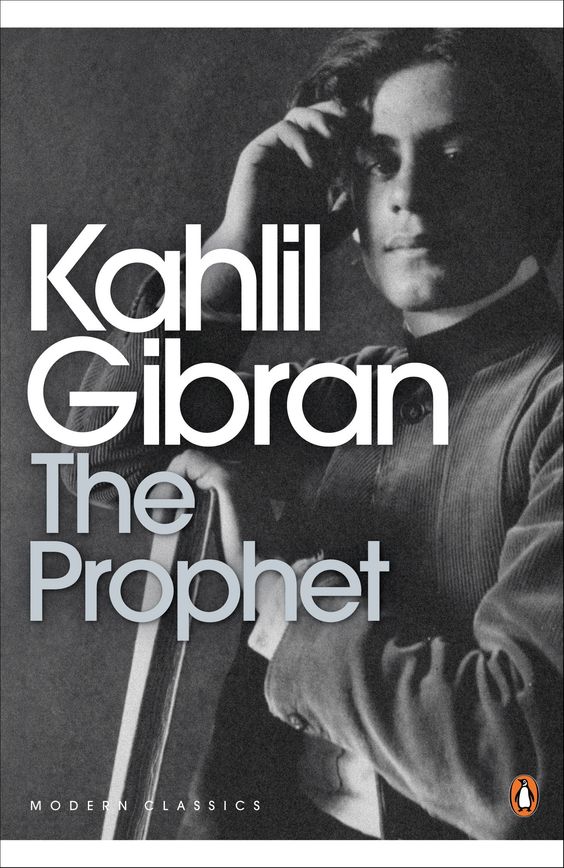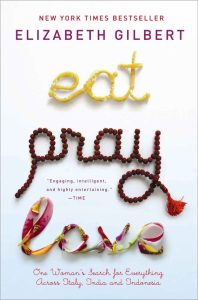At Good Story Blog, we love sharing stories that inspire, inform, and connect people. Our goal is to give you interesting and useful content on topics that matter to you.

When love beckons to you, follow him, through his ways are hard and steep. And when his wings enfold you yield to him, through the sward hidden among his pinions may wound you. And when he speaks to you believe in him, through his voice may shatter your dreams as the north wind lays waste the garden. For even as love crowns you so shall he crucify you.
Khalil Gibran’s The Prophet is a masterpiece that offers poetic and philosophical insights into the nature of life, relationships, and spirituality. One of the most profound chapters in the book is on love, where Gibran unearths the mystery and beauty of this powerful emotion. Rather than simplifying love into mere sentimentality, Gibran presents love as an all-encompassing, transformative force that comes with both ecstasy and sacrifice.
Here are some of the key themes Gibran touches on in The Prophet when it comes to love:
1. Love is Divine Yet Demanding
For Gibran, love is not simply a feeling or a romantic notion. It is an experience that comes from the depths of the soul, bringing a connection to the divine. When love calls, it is not to fulfill our desires or expectations but to test us, to break us open.
2. Love Transforms and Purifies
Gibran suggests that love is a transformative process. It is not a fleeting emotion but a force that shapes and purifies us. It strips away our illusions and challenges us to become better versions of ourselves. This is where love’s pain comes in—just as a sculptor carves stone to reveal a beautiful form, love carves into us to reveal the essence of our being.
3. Love is Freedom
One of the most liberating ideas Gibran offers is that love does not bind or possess. True love allows freedom and individuality. Rather than confining the beloved, it honors the space and independence of both people involved. Gibran emphasizes that love should never be about control or attachment.
4. Love is Beyond Comfort
Perhaps one of the most challenging aspects of Gibran’s view on love is that it is not meant to be a source of comfort alone. It is meant to awaken, shake, and challenge us. While love brings happiness, it is not always gentle. It is as much about the trials as it is about the joys. Gibran compares love to a threshing floor, where the chaff of our egos and selfishness are separated from the wheat of our true selves:
“But if in your fear you would seek only love’s peace and love’s pleasure,
Then it is better for you that you cover your nakedness and pass out of love’s threshing-floor,
Into the seasonless world where you shall laugh, but not all of your laughter, and weep, but not all of your tears.”
Khalil Gibran’s The Prophet offers a vision of love that is far more than the typical romantic notion. Love, in Gibran’s eyes, is a divine force that can elevate us, challenge us, and purify us. It is both joy and pain, light and darkness. To love is to accept this duality, to surrender to the journey that love takes us on, knowing that it will lead us to deeper understanding, growth, and ultimately, union with the divine.
In a world where love is often commercialized or simplified, Gibran’s The Prophet reminds us of love’s true nature: a powerful, sacred, and transformative force that connects us with the eternal. To love, as Gibran presents it, is to embark on a journey of the soul—a journey that is as enriching as it is humbling.
As Gibran beautifully concludes, love is a call to live deeply, and to risk everything for the chance to experience life in its fullest form.








